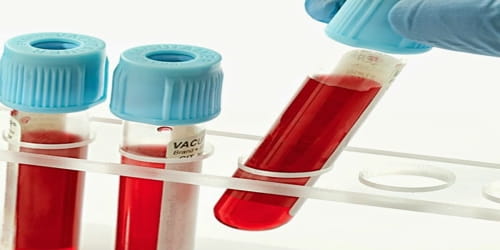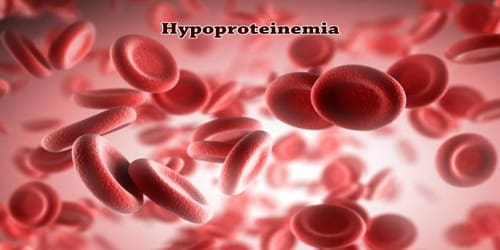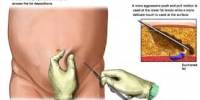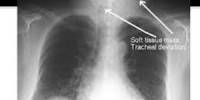Hypoproteinemia
Definition: Hypoproteinemia is a condition where a person has a very low level of protein in their blood. There are several causes that all result in oedema once serum protein levels fall below a certain threshold.
Protein is an essential nutrient found in almost every part of our body — including our bones, muscles, skin, hair, and nails. Protein keeps our bones and muscles strong. It makes up a molecule called hemoglobin, which carries oxygen throughout our body. It also makes up chemicals called enzymes, which cause the many reactions that keep our organs working.
People get protein from foods like red meat, chicken, fish, tofu, eggs, dairy, and nuts. They need to eat protein every day because their body doesn’t store it.
Hypoproteinemia is uncommon in developed countries where people eat a normal, well-balanced diet. But, it can affect people who have certain health conditions or have diets lacking in protein.
Causes, Sign, Symptom of Hypoproteinemia: Health conditions that affect the body’s digestion or absorption of proteins from food, or the processes that allow the body to use protein, are often to blame. In other cases, undereating or very restrictive diets can be the cause.
A problem absorbing protein from foods is called malabsorption. Possible causes include:
- celiac disease
- Crohn’s disease
- parasites and other infections
- damage to the patient’s pancreas
- defects in the patient’s intestines
- surgery, including weight loss surgery or procedures that remove part of patient’s intestines
Liver disease can also cause hypoproteinemia by decreasing synthesis of plasma proteins like albumin.
Renal disease like nephrotic syndrome can also result in hypoproteinemia because plasma proteins are lost in the urine.
Sepsis (whole body infection) – macrophages activated in the liver and spleen secrete TNF-alpha into the bloodstream resulting in hypoproteinemia.
The symptoms of hypoproteinemia vary and can range from mild to severe. They include:
- feeling fatigued or weak
- having repeated viral or bacterial infections
- thinning, breaking, or falling out hair
- brittle nails and dry skin
- mood changes and irritability
- cravings for protein-rich foods
These symptoms can also be signs of other health conditions, such as iron-deficiency anemia or an immune system problem. So, identifying hypoproteinemia must be done through medical tests.

Diagnosis and Treatment of Hypoproteinemia: Hypoproteinemia is often confirmed by testing for serum albumin and total protein levels.
A blood test can reveal whether a person has enough protein in the body. One blood test set that can be done is known as a total protein, albumin, and albumin/globulin (A/G) ratio. Albumin and globulin are two proteins that are made in the liver.
People can treat low protein in their diet by increasing the amount of protein they eat. Foods that are good sources of protein include:
- red meat
- poultry
- fish
- tofu
- eggs
- nuts
- dairy foods like milk and yogurt
Other treatments depend on the cause of low protein, and may include:
- antibiotics or antiparasitic drugs to treat infections
- vitamin and mineral supplements to treat any other nutrient deficiencies
- a gluten-free diet to treat damage to people’s intestines from celiac disease
- steroids, immune system suppressors, and other drugs to bring down inflammation in people’s intestines
- medications or surgery to treat liver damage
- dialysis or a kidney transplant to treat kidney disease
If people have a problem absorbing protein from the foods they eat, the doctor will treat the condition that’s causing the poor absorption.
Decreased serum protein reduces the osmotic pressure of the blood, leading to the loss of fluid from the intravascular compartment, or the blood vessels, to the interstitial tissues, resulting in edema. This is termed as hypoproteinemia.
Information Source:
















